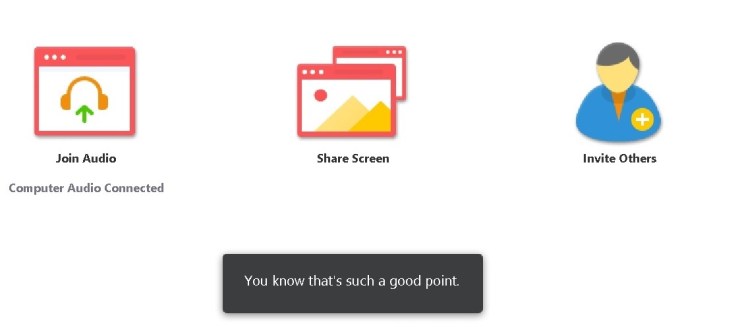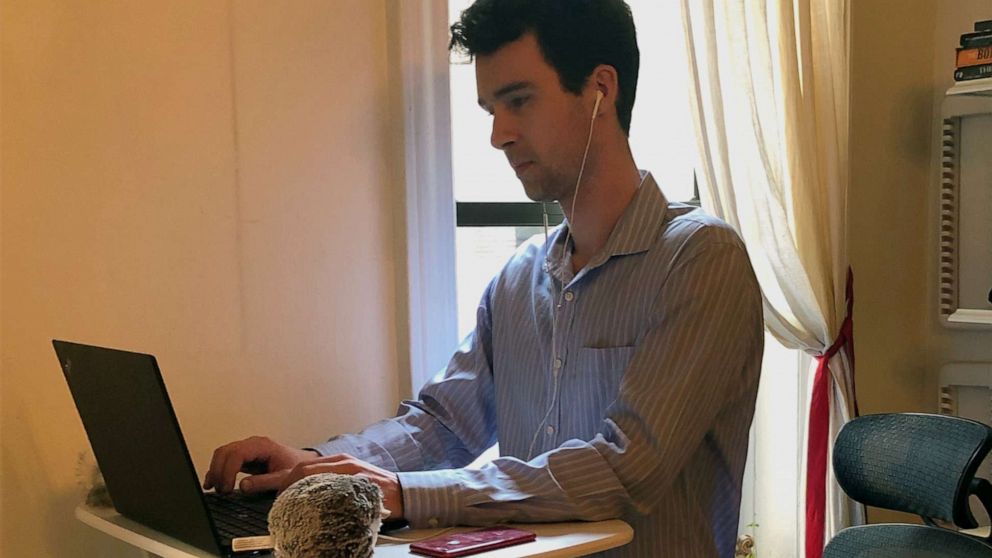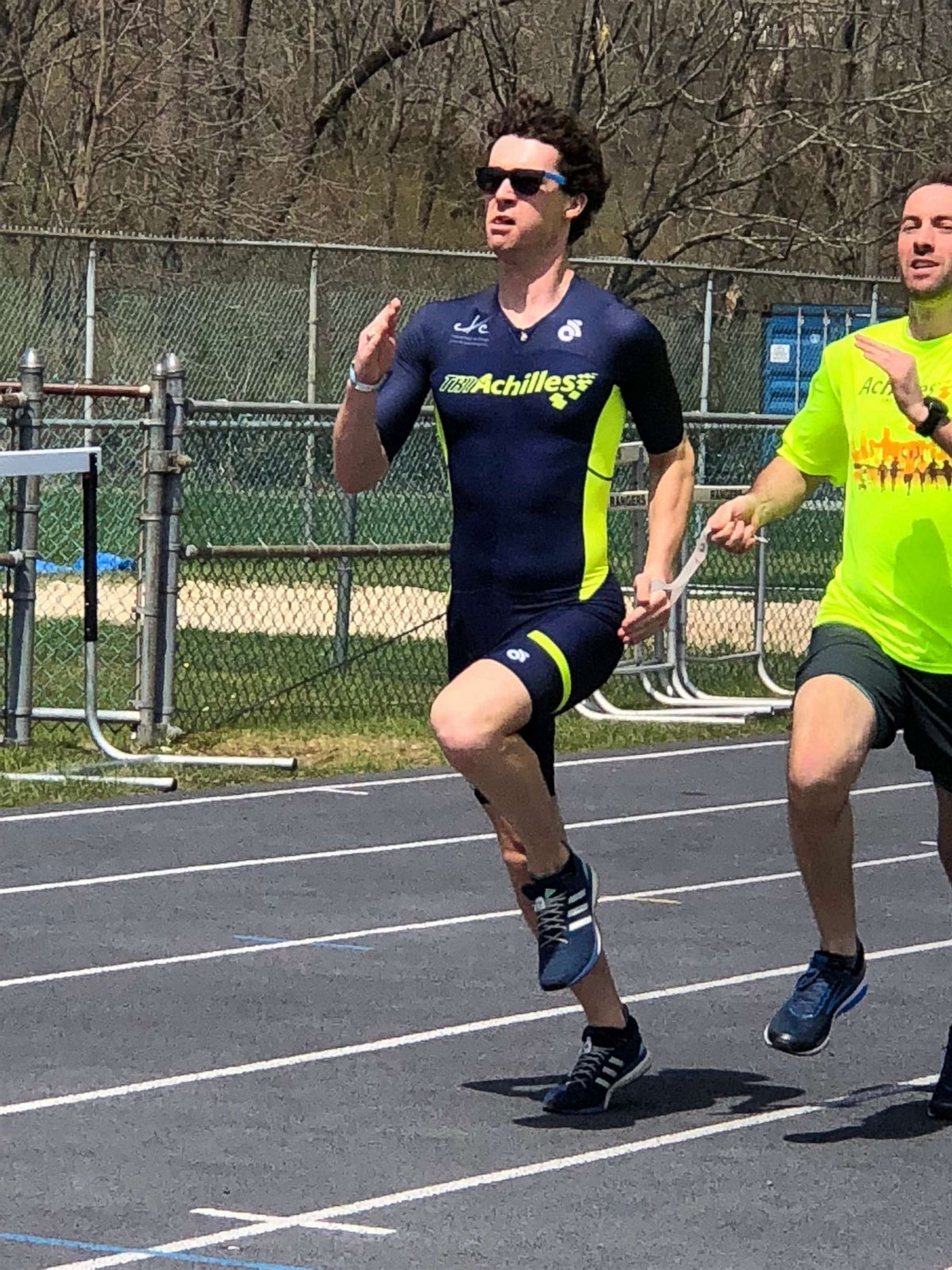CEOS SAY FLEXIBILITY, EMPATHY, AND IMAGINATION KEY DRIVERS FOR THE FUTURE
NEW YORK, NY (September 30, 2021) – Today, hundreds of diversity and inclusion leaders from global companies attended the National Organization on Disability’s (NOD) Annual Forum. Academy Award winner Marlee Matlin kicked off the two-hour virtual showcase entitled, “Leadership Council Forum: Disability Inclusion in the Next Normal” with an inspiring keynote address. Emceed by actress Santina Muha, the Forum addressed the challenges that business leaders continue to face in a shifting economy and post-COVID era as they prepare to bring employees back to the office or continue providing a remote work environment. It also unpacked the opportunities the global pandemic has afforded employees with disabilities as it relates to digital accessibility, mental health programs and better workplace flexibility. Presenting sponsors of the Forum are Prudential Financial and T-Mobile USA.
“If there’s one thing, one thing that the past year and a half has taught us, is that when we as a nation are challenged, we are resilient and innovative.” –@MarleeMatlin pic.twitter.com/987Ten37m3
— National Organization on Disability (NOD) (@NOD_ItsAbility) September 30, 2021
“The workplace will be fundamentally reshaped as a result of COVID-19, which means organizations must reimagine and reform their current structure in order to survive and succeed in the post-COVID era,” said NOD President Carol Glazer. “This won’t be easy, but I believe that the sharp focus on inequities this time, will provide greater opportunities for CEOs to be heard and be part of lasting positive change. It’s important everyone is at the table, that everyone is included moving forward. In the case of people with disabilities, we need to make sure we provide accessibility and accommodations so that everyone can be successful. I am proud to have our Corporate Leadership Council partners, Board members and other business leaders with us today. They are truly setting the standard on how to build diverse and inclusive workplaces for all.”
When discussing managing employees remotely earlier in his career, @LillyPad CEO Dave Ricks explains, “…it requires you to be much more disciplined and purposeful about how you lead. And now everybody has to do that.” pic.twitter.com/x1SMvgeUcl
— National Organization on Disability (NOD) (@NOD_ItsAbility) September 30, 2021
The segment, moderated by Rhonda Nesmith Crichlow, senior vice president and chief diversity office for Charter Communications and NOD board member, featured an impactful panel discussion with DiversityInc CEO Carolynn Johnson, Hilton CEO Christopher J. Nassetta, and Eli Lilly CEO David A. Ricks. The discussion hit on important topics such as leadership lessons learned during the pandemic, employee recruitment and retention, and the need for all employers to stay flexible and display empathy. The CEOs also shared the need to continue to reimagine what the next normal is for the workplace for individuals with seen and unseen disabilities.
“We just need to be flexible, thoughtful, listen, learn, and lean in, and really make great efforts to make sure we’re supporting our teams.” -Chris Nassetta, President and CEO of @HiltonNewsroom discussing leadership lessons for #DisabilityInclusion in corporate America. pic.twitter.com/sC6xiDPtof
— National Organization on Disability (NOD) (@NOD_ItsAbility) September 30, 2021
“During the last 18 months, we have witnessed business leaders steer their companies through a global pandemic while building more diverse and inclusive workplaces,” said Carolynn Johnson, CEO of DiversityInc. “However, there is still more work to be done. Only 25 percent of the five million people with disabilities that hold a college degree have a job. If we have learned anything from this pandemic it is that companies can pivot, provide the digital accessibility tools for remote work, be more flexible and have empathy as we continue to navigate these unchartered waters.”
In addition, NOD President Carol Glazer presented three distinguished awards to the following honorees:
- For the second year in a row, Kessler Foundation, a pillar in the disability community for its philanthropic support, received the Alan A. Reich Award for its exceptional contributions in disability inclusion. From research and philanthropy to finding new ways for people to overcome great mobility challenges, the Foundations’ impact on society is inestimable. This award, named in honor of NOD’s founder who helped spark a movement to ensure people with disabilities were represented equally in all aspects of life, is given to an established leader who is advancing disability rights. Accepting on behalf of the Foundation was Elaine E. Katz, Senior Vice President of Grants & Communications.
- UPS, one of the most respected brands in the world, received the Charles F. Dey Award for their commitment to a workforce of inclusion, and in fact, was one of the first companies to take that goal seriously. Their good work and support of long-term grant funding has made a significant difference for organizations. Nicole Clifton, Social Impact and The UPS Foundation President accepted the award on behalf of UPS.
- Robert David Hall, acclaimed actor, role model and disability advocate, received the NOD Lifetime Achievement Award for his tenacity and powerful advocacy for people with disabilities. He is the longest serving NOD board member and continues to make significant contributions for actors with disabilities and for the disability community, as a whole. Robert David Hall was present to accept his Lifetime Achievement Award.
Sixy-seven organizations were honored as the 2021 NOD Leading Disability Employers for their exemplary hiring and employment practices for people with disabilities. Now in its seventh year, the NOD Leading Disability Employer Seal is awarded to the top performers on NOD’s Disability Employment Tracker, a free and confidential assessment that benchmarks companies’ disability inclusion programs.
Glazer added, “Congratulations to all of today’s award winners for creating an inclusive workplace that allows people with disabilities to be successful. NOD’s mission is to ensure that no ability is wasted, and that all Americans, especially those of us with disabilities, have an opportunity for enterprise, achievement and earnings; and that corporate America knows how to put our talents to work.”
Other Forum sponsors included: Platinum sponsor Charter Communications; Gold Sponsor Toyota Motors North America; Silver sponsor: The Coca-Cola Company; Bronze sponsors: Cox, General Motors, Kaiser Permanente, Kessler Foundation, Northrop Grumman, PSEG, Randstad and Wells Fargo.
Thank you to our sponsors @Prudential, @TMobile, @CharterNewsroom, @ToyotaMotorCorp, @CocaCola, @CoxComm, @GM, @aboutKP, @KesslerFdn, @northropgrumman, @PSEGNews, @Randstad and @WellsFargo for making our annual forum possible through your generous support! pic.twitter.com/IM9bHYgAb8
— National Organization on Disability (NOD) (@NOD_ItsAbility) September 30, 2021
About the Leading Disability Employer Seal + Disability Employment Tracker
To see current and past winners of the NOD Leading Disability Employer seal, visit www.NOD.org/seal.
To be considered for the 2022 NOD Leading Disability Employer seal, companies must complete the free and confidential Disability Employment Tracker assessment during the qualifying window. For more information and to sign up, visit www.NOD.org/tracker.
About National Organization on Disability (NOD)
The National Organization on Disability (NOD) is a private, non-profit organization that seeks to increase employment opportunities for the 80-percent of working age Americans with disabilities who are not employed. To achieve this goal, NOD offers a suite of employment solutions, tailored to meet leading companies’ workforce needs. NOD has helped some of the world’s most recognized brands be more competitive in today’s global economy by building or enriching their disability inclusion programs. For more information about NOD and how its professional services, Corporate Leadership Council and Disability Employment Tracker™ can help your business, visit www.NOD.org.








